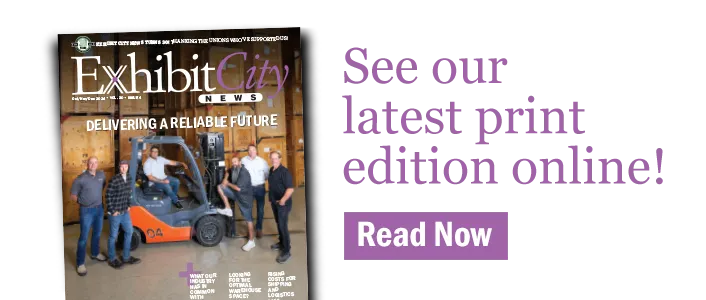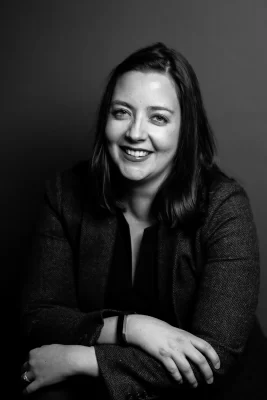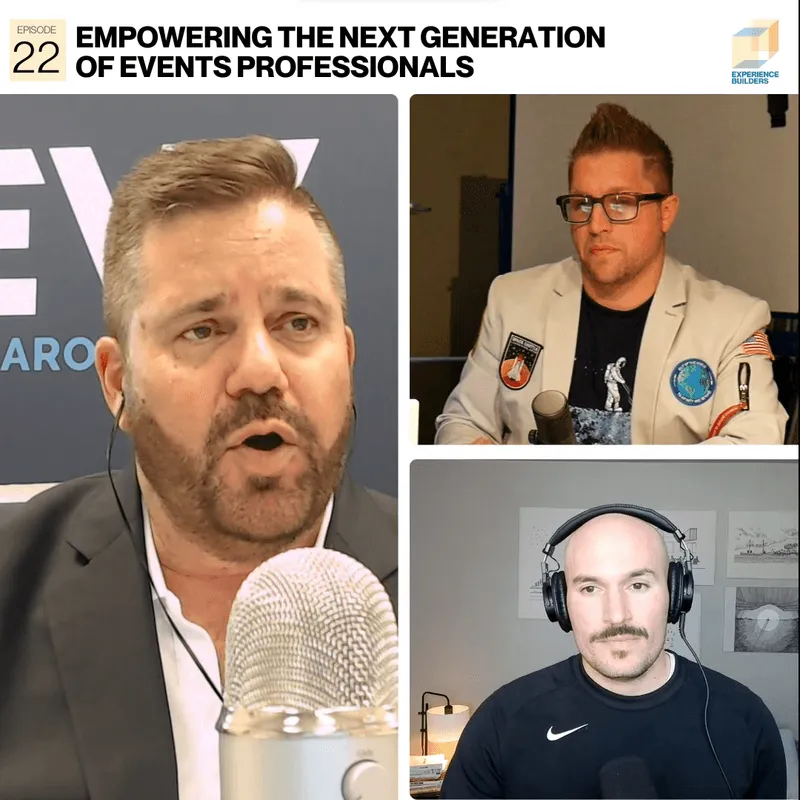Does using carbon offsets equal green meetings?
“No,” says Jeff Benavides, LEED AP O+M, senior project manager for EcoPreserve, a sustainability consulting firm based in the Orlando, Fla., area. “Hold green meetings with a larger purpose in mind. First, reduce the use of non-sustainable resources where you can, reuse and recycle materials, and then look at using carbon offsets.”
Benavides spoke November 8, 2011, at an ASAE Convene Green Alliance (CGA) Focus Forum called “Carbon Footprinting Made Easy” to help meeting planners decipher what carbon offsets are and how they differ, as well as what their place is in a green meetings strategy.
“By taking this approach, an association can achieve the most carbon reduction,” which is what Benavides says equals “green meetings.”
A recent survey of CGA members revealed that 38 percent of associations are tracking the carbon footprint of their meetings, and an additional 23 percent plan to track it within the next year.
One group already doing this is the U.S. Green Building Council, which asks attendees of its Greenbuild conference to report their mode of transportation and expected mileage. This helps quantify the largest carbon emitters of most meetings. Other areas to measure include the amount of carbon emitted by shuttle buses, vendor delivery trucks or vans, and taxis taken by attendees. The overall energy used by hotels and convention centers as a result of the meeting also should be measured if possible, and many venues offer that tracking now upon request.
Choosing an organization from which to purchase carbon offsets is the next challenge, one made more difficult by the recent proliferation of these groups, which offer everything from tree planting to renewable energy projects.
“You need to identify verifiable and reputable providers,” said Benavides. “Ask to see their certificates. It is easy to get lost in this world and not know what is real and what is not.”
Some of the more well-known carbon offset companies include NativeEnergy, CarbonFund.com and Sterling Planet.
CGA staffer Kristin Clarke also suggested that the choice of a carbon offset organization should align with the values of the association.
“This can help you make choices about what calculator to use and how you want to offset,” she said. “I do all my offsetting through American Forests. If your members care a lot about animals, clean air, and trees, you may want to do that instead of building a wind farm, for example.”
Benavides also encouraged attendees to leverage the environmental commitments of sponsors and exhibitors in calculating what the association is doing to reduce the carbon footprint of a meeting. Communicating this effort to attendees and exhibitors is important too.
In addition to Benavides, the Focus Forum featured a panel discussion that included representatives of the Orlando Convention District, which sponsored the program.
Dee Dee Baggitt of Rosen Hotels and Resorts and Michael Jueds of The Peabody Orlando joined Benavides to talk about how Orlando is advancing green meetings, including opportunities around carbon offsetting.
A new program called “Green Destination Orlando” now connects all industry sectors to create what Jueds called “The Sustainability Experience:”
“We want to make it a sustainable experience from the moment you arrive until the moment you leave,” said Jueds. “We incorporate the most recognized and aggressive green building and operations standards.”
One partner in that effort is Rosen Hotels and Resorts, which recycles cooking oil into fuel to power lawnmowers used on hotel properties and has a host of sustainability practices in place to lighten the eco-impacts of meetings onsite.
“All industries from restaurants to hotels are part of the initiative,” said Baggitt. “We share and learn from each other.”
Benavides added that the Orlando hospitality community pioneered the concept on which the nonprofit Clean the World has since organized formally, collecting used soap bars from hotels and providing them to nations in need to reduce diseases and infections. Numerous hotels in Orlando and outside of Florida are increasingly partnering with Clean the World to offer meeting planners, conference attendees and other guests the chance to donate used and unused personal care items for the needy.































